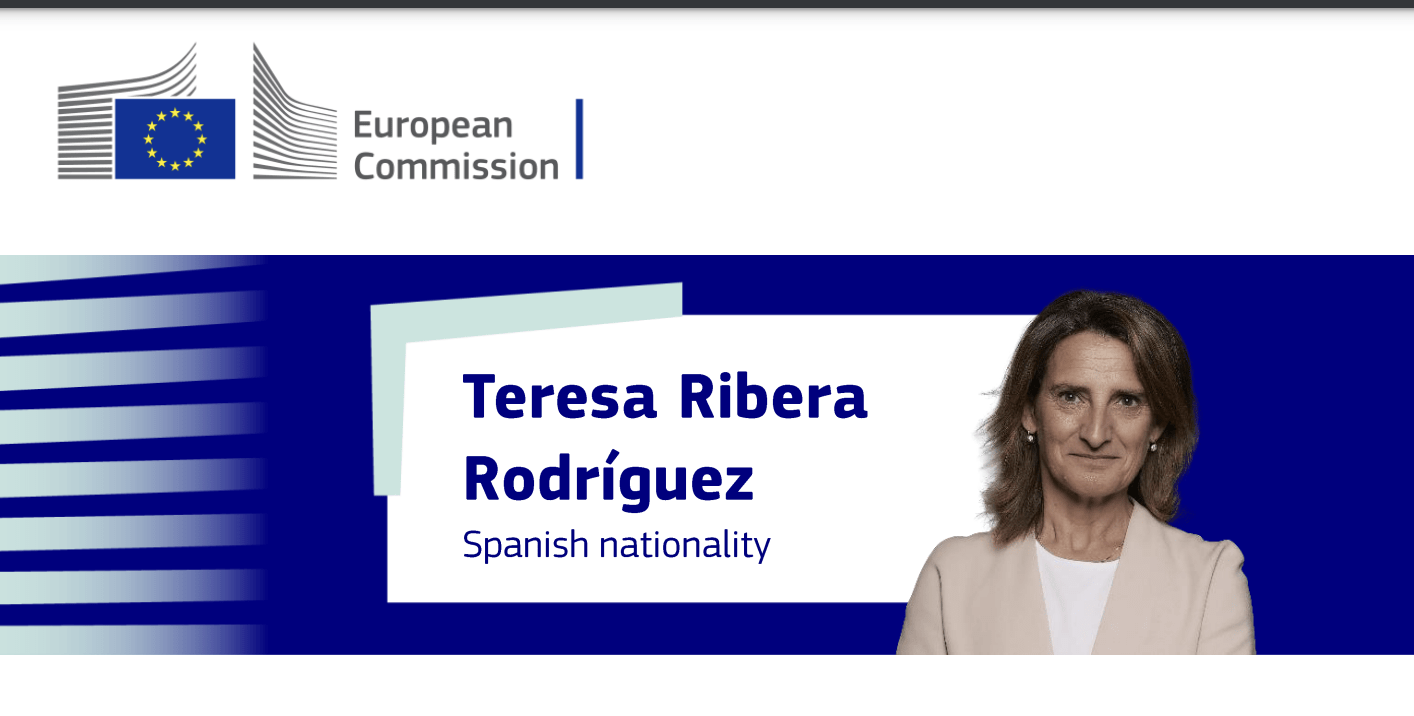The Future of the European Green Deal: Three Potential Scenarios
This dismantling of the European Grean Deal would be one of the main mistakes that the Europeans could make. The often critics should not lead us to underestimate or marginalize people's desire to take action and deny the necessity to accelerate the transition.

-
File
-
FilePB26_Appendix GreenDeal.pdf (614.06 KB)
Scientists are calling for immediate and thorough action: if the EU has decreased its GHG emissions since 1990 by 32.5%, the implementation efforts and emissions reduction have to be immediately enhanced and scaled up to accord with international commitments. To limit global warming to around 1.5°C and avoid the catastrophic consequences of not achieving this target, global GHG emissions need to “peak before 2025 at the latest and be reduced by 43% by 2030.” Biodiversity is also declining: around 20 million birds have disappeared from Europe every year for almost 40 years. Biodiversity loss is so intense, that scientists talk about the 6th mass extinction on Earth with consequences for human health, agri-food value chains, and stability. It is no more an ecological issue but an issue for private companies and governments. We are, therefore, at a decisive turning point.
The European Green Deal is an unprecedented package of initiatives proposed in December 2019 by the last European Commission to face this urgency. It responds to various objectives through concrete measures and ambitious regulations, including energy transition, climate neutrality, 'zero pollution', agricultural transition, biodiversity protection, building renovation, deployment of net-zero industry, or just transition. It includes recognizable efforts to deal with biodiversity-related issues and climate in a comprehensive and complete approach. Among others, the ‘Fit for 55’ package led to a dozen of ambitious regulations to reduce greenhouse gas emissions (GHG) by at least 55 percent by 2030, compared to 1990, such as the Emissions Trading System reform. The legislation on imported deforestation also showed the European willingness to take into account its possible impact on other countries’ GHG emissions, by prohibiting the importation of products derived from deforestation or forest degradation.
However, not all of these ambitious initiatives have come to fruition. Some have been watered down or blocked by the Parliament or Council, such as the Energy Performance of Buildings directive, aiming at renovating the worst-performing buildings, or the nature restoration law, after harsh debates and blockages in the Parliament and Council. The withdrawal of the Sustainable Use of Pesticides Directive, aiming at reducing the use and risk of chemical pesticides by 2030, also showed a clear stalemate in the regulation of the agriculture sector’s transition. This slowdown or backtracking is mainly due to growing resistance to green policies in Europe, or ‘greenlash’. It is therefore worrying, as it endangers the implementation of the EGD and its future, when exploited by some countries and MEPs to question some of its regulations, such as the legislation against deforestation or the internal combustion engine cars ban after 2035, and while some regulations have not been yet adopted. That could lead to an absence of transposition of the EGD measures at the national level, an abandon of the other EGD initiatives and more generally of ambitious environmental policies at the EU level.
What Future for EU Environmental Policies?
Ursula von der Leyen, in her political guidelines for the next five years, clearly showed a focus on competitiveness, security, food security, and ‘clean’ industrial policy. The EGD is still mentioned in her programme and in the mission letters of several commissioners but does not seem to be at the top of the political agenda anymore. Though the willingness “to implement the existing framework” is mentioned, the emphasis is put on simplification and reducing the burden for companies, which could become a reason to delay or water down legislation. The new Executive Vice-President of a Clean, Just and Competitive Transition, Teresa Ribera, is in charge of ensuring the EGD goals are reached.
At this stage, 3 scenarios can be envisaged for the EGD’s future.
1° For tactical reasons, Ursula von der Leyen does not insist anymore on the EGD because the set of rules is in place. The Commission focuses on its implementation, rather than proposing new rules. The use of the word ‘clean’ does not change the commitment.
2° Aware of the new resistance, the Commission shows pragmatism in the implementation phase. Some delays may be given, or some tactical steps back are made to avoid a radicalised opposition to the EGD. However, it sticks to the main objectives and manages to put into the next financial perspectives enough money to accompany the Green transition, particularly in the agricultural field.
3° The most worrying scenario would be the one in which the EGD is actually dismantled, thanks to delays, given to circumvent or even forget the rules. Implementing acts are watered down, enforcement is not done properly. Member states are allowed not to respect the rules.
This dismantling would be one of the main mistakes that the Europeans could make. The often critics should not lead us to underestimate or marginalize people's desire to take action and deny the necessity to accelerate the transition. There is indeed a challenge to acceptability, but opposition to certain climate policies does not mean a general opposition to climate policy, as shown by Théodore Tallent. It does not justify a rollback or a reduction in ambition regarding the environmental policies that urgently need to be implemented at the European level. It questions rather how these policies are implemented and highlights the need to have a broader and more comprehensive overview of current issues.
Prolonging industries such as combustion cars may be seen as a positive move in a short-term perspective, as everyone understands that jobs are in danger. It would however be the best way to destroy the long-term competitiveness of our industry and lose ground when the US and China are engaged in an in-depth transformation.

The European Green Deal is still mentioned in her programme and in the mission letters of several commissioners but does not seem to be at the top of the political agenda anymore

